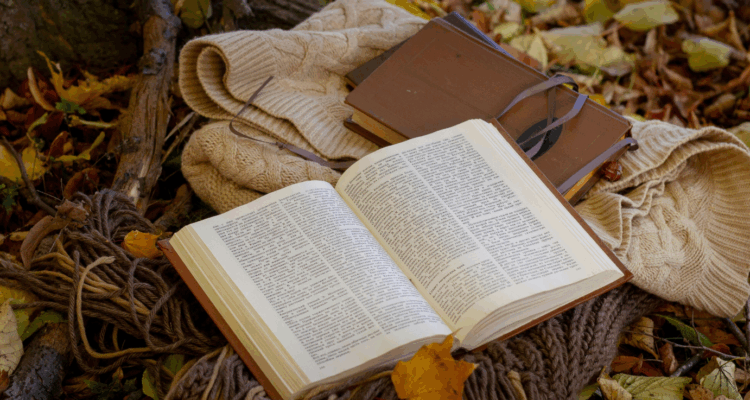Featured Poem: Duty Surviving Self-Love by Samuel Taylor Coleridge
While there is still a sense of newness (as strange as it sounds, it is in fact a word) and a certain vitality in the frosty January air, it seems rather appropriate to consider the subject of ‘change’. It’s fair to say that we approach and adapt to change in different ways. The hardier and more adventurous amongst us embrace it, actively seek it out, take to it like the proverbial duck to water. For others, it’s not quite so easy. The apparently smallest of changes, such as being required to take a different route to work or choosing another sandwich at lunch because your favourite has sold out, is enough to make the mouth dry and head spin. Introduce anything more significant and they’re likely to have run for the hills in search of a bit of reliable routine. Yet whatever your stance is, it remains a fact that change is inevitable.
Change may be either exhilarating or unsettling enough when it happens to us but can be a different thing altogether when it occurs to someone else. First reactions to news of a friend or family member’s life-altering event are filled with smiles, hugs and congratulations. But, even though it is rather shameful to admit, feelings towards others’ change can change themselves quite dramatically. Excitement and happiness can be replaced by uncertainty and concern. Most often, change happening to other people leads to an almost over-emphasised focus on how much – or little – you are changing yourself. Are you changing enough in line with everyone else, do you need to make a change somewhere before you get left behind...is change for the sake of change really necessary? It’s all quite dizzying and even disheartening.
Samuel Taylor Coleridge has an interesting take on the matter of change - significantly, people changing all around while you stay exactly the same - in this poem, written in 1826. I find this poem particularly challenging as going through it line by line I’m in a constant state of changing opinion, in agreement and then at loggerheads with what Coleridge is saying. That in itself seems rather appropriate. I can identify with the despondent situation and the self doubt of the opening lines, as well as conceding that is unwise and ineffectual to measure yourself too often with ‘others’ wanings’. I’m also nodding my head firmly at the closing lines, which say we shouldn’t change our feelings towards those closest to us simply because they have altered themselves in some way. Yet I’m not too sure that the yearning to change in an aspect that others have should be always classified as ‘feeble’ or that peering out from the vantage point of ‘thy safe recess’ is always wise. That’s before I’ve even considered fully what the puzzling title could mean. It’s still good to consider however – as is the mere concept of making a change, regardless of whether it’s undertaken at the beginning, middle or end of a year.
Duty Surviving Self-Love
Unchanged within, to see all changed without,
Is a blank lot and hard to bear, no doubt.
Yet why at others' wanings should'st thou fret?
Then only might'st thou feel a just regret,
Hadst thou withheld thy love or hid thy light
In selfish forethought of neglect and slight.
O wiselier then, from feeble yearnings freed,
While, and on whom, thou may'st -- shine on! nor heed
Whether the object by reflected light
Return thy radiance or absorb it quite:
And though thou notest from thy safe recess
Old Friends burn dim, like lamps in noisome air,
Love them for what they are; nor love them less,
Because to thee they are not what they were.
Samuel Taylor Coleridge (1772-1834)
Share
Related Articles

October’s Monthly Stories & Poems
October is of course associated with all manner of ghosts, goblins and things that go bump in the night. We’ve…

August’s Monthly Stories and Poems
Summer can be a time to reset, giving ourselves pause before life picks up pace again in the later months…

July’s Stories & Poems
As the season is now in full swing, we are celebrating summer days and sunshine in July’s Monthly Stories and Poems pack.…


